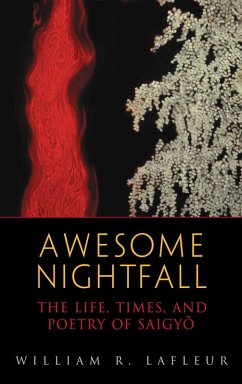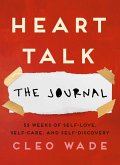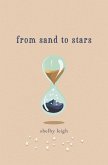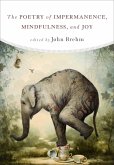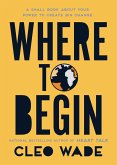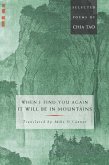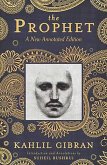Awesome Nightfall: The Life, Times, and Poetry of Saigyo captures the power of Saigyo's poetry and this previously overlooked poet's keen insight into the social and political world of medieval Japan. It also offers a fascinating look into the world of Japanese Buddhism prior to the wholesale influence of Zen.
Dieser Download kann aus rechtlichen Gründen nur mit Rechnungsadresse in A, B, BG, CY, CZ, D, DK, EW, E, FIN, F, GR, HR, H, I, LT, L, LR, M, NL, PL, P, R, S, SLO, SK ausgeliefert werden.

